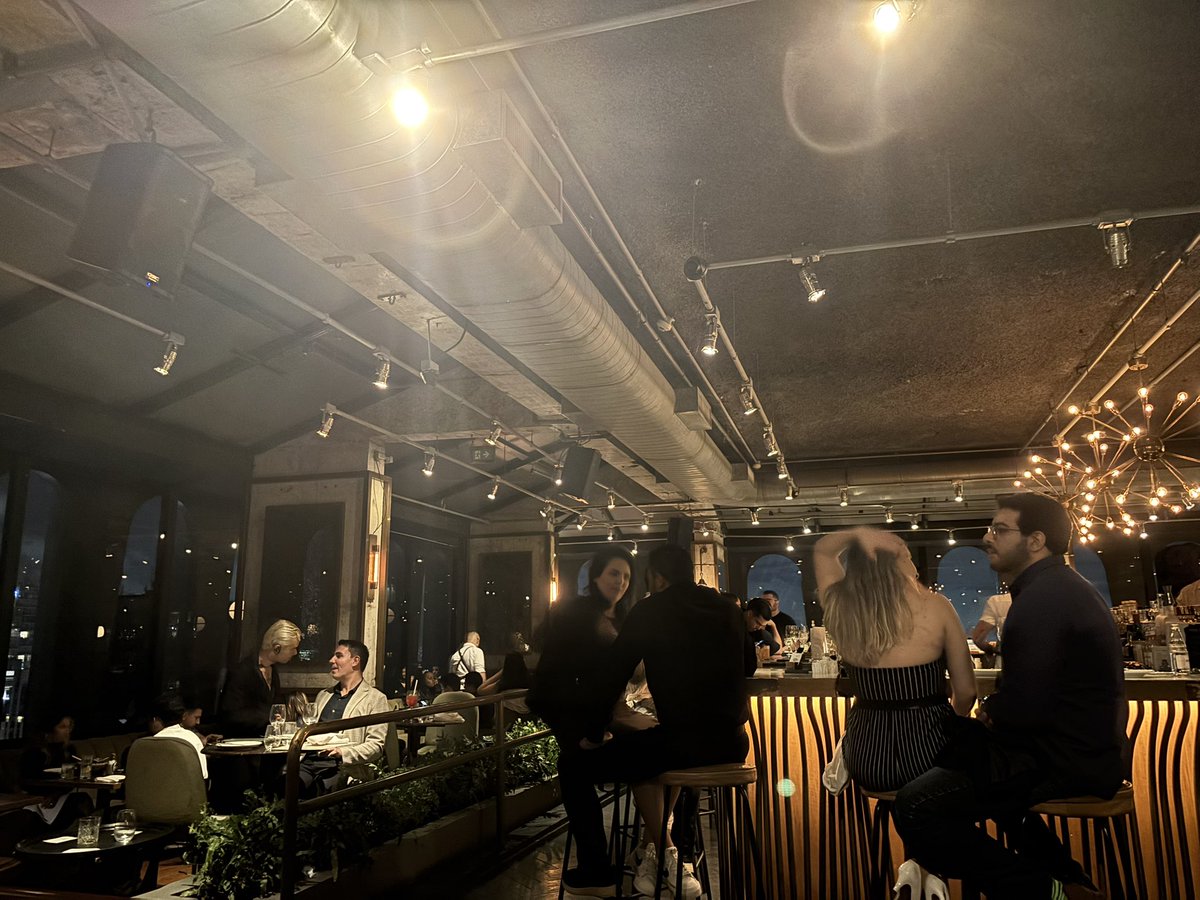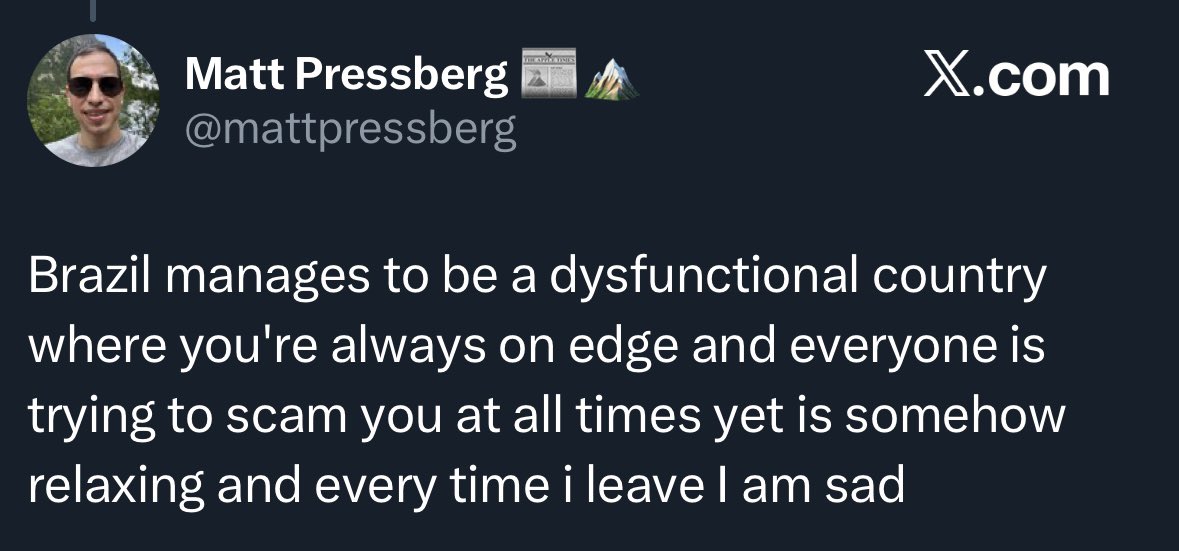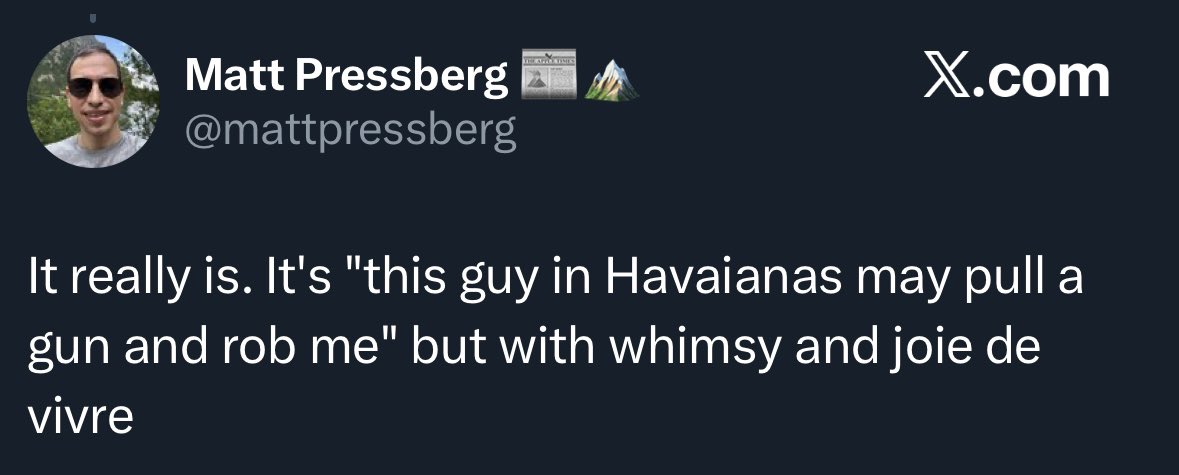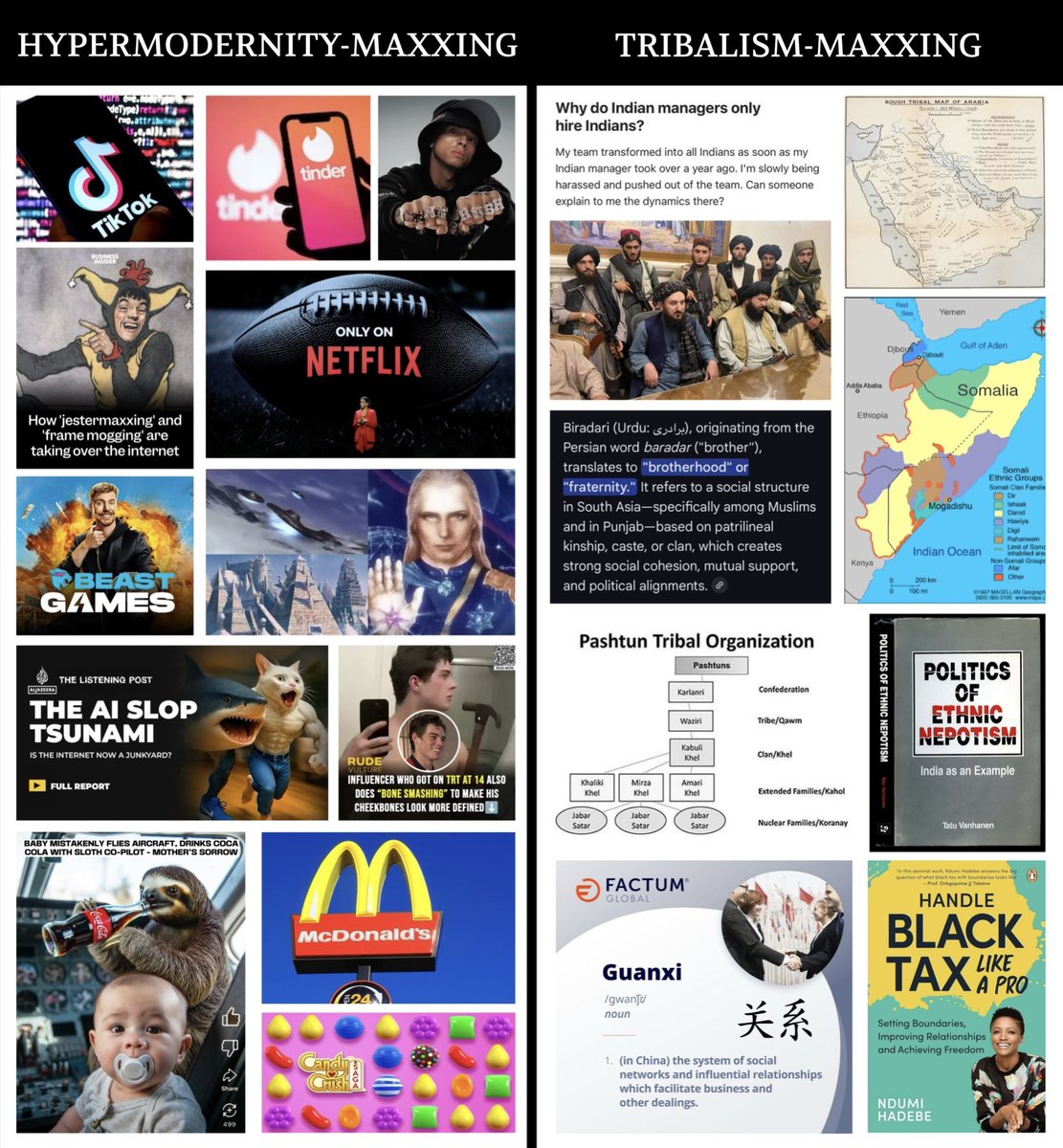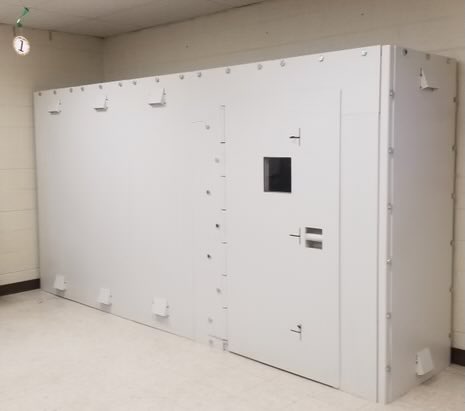Please reply with more suggestions
African Languages | Not 4Chan - at amren.com/news/2017/10/m… 

Other Non-4chan Longform Sources:
African Social Obligations: city-journal.org/article/after-…
Two Belgians Drive Across the Congo: expeditionportal.com/forum/threads/…
The African Conception of Time: shantanoo-desai.github.io/posts/books/th…
On Having to Wait for Things to Happen in Africa: medium.com/the-mission/af…
African Social Obligations: city-journal.org/article/after-…
Two Belgians Drive Across the Congo: expeditionportal.com/forum/threads/…
The African Conception of Time: shantanoo-desai.github.io/posts/books/th…
On Having to Wait for Things to Happen in Africa: medium.com/the-mission/af…
Documentaries:
Empire of Dust: Chinese Contractors in the Congo attempt to work with Locals to try to build a Road:
Africa Addio: Compilation of Vignettes from the Crises in Africa during the Immediate Post-Independence Period:
Empire of Dust: Chinese Contractors in the Congo attempt to work with Locals to try to build a Road:
Africa Addio: Compilation of Vignettes from the Crises in Africa during the Immediate Post-Independence Period:

• • •
Missing some Tweet in this thread? You can try to
force a refresh























